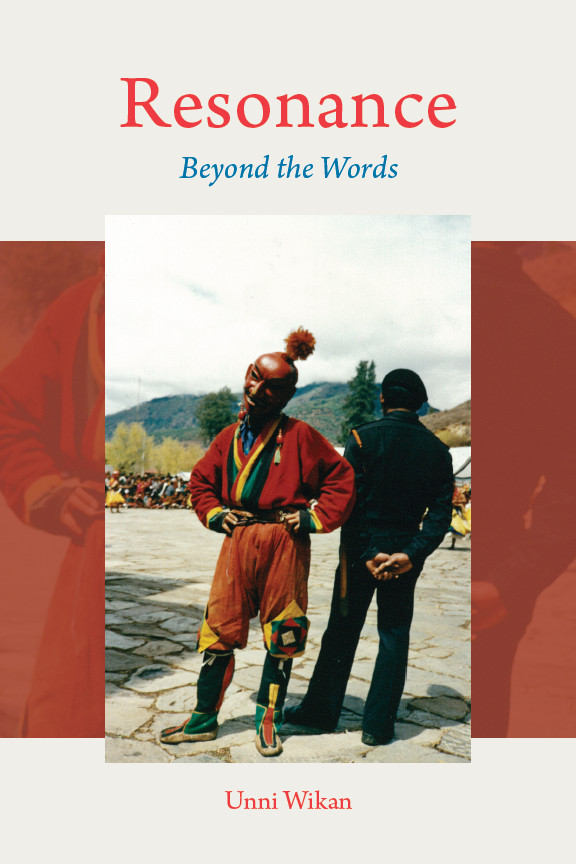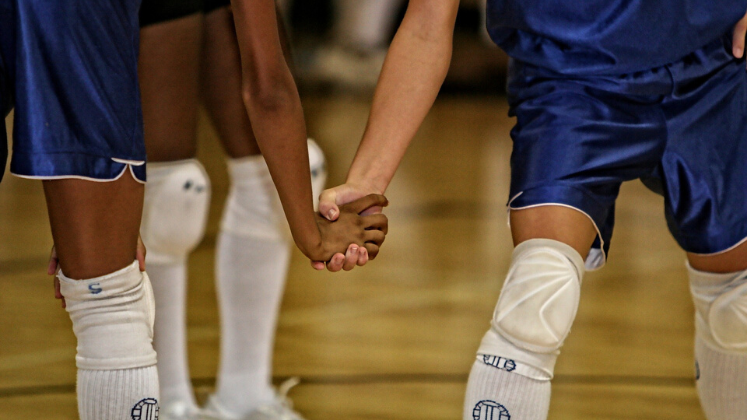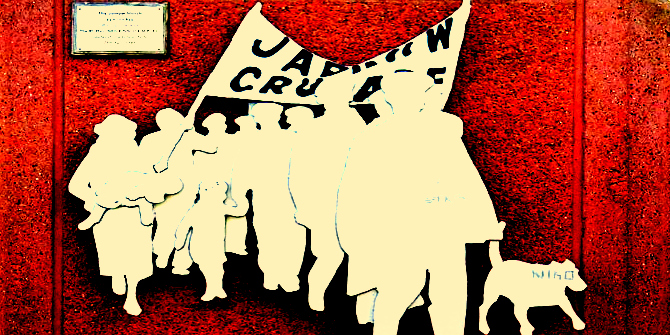
Resonance gathers together forty years of anthropological study by a researcher and writer with one of the broadest fieldwork résumés in anthropology: Unni Wikan. In its twelve essays, this book covers encounters with transvestites in Oman, childbirth in Bhutan, poverty in Cairo, and ‘honour’ killings in Scandinavia. Whether an anthropologist, a student of immigration law, or a policy maker, Wikan’s essays will provide readers with a striking yet compassionate framework for understanding how people across time and place deal with global contemporary concerns, writes Jia Hui Lee.
 Resonance: Beyond the Words. Unni Wikan. University of Chicago Press. February 2013.
Resonance: Beyond the Words. Unni Wikan. University of Chicago Press. February 2013.
Unni Wikan’s Resonance: Beyond the Words is a stirring collection of essays about anthropology’s relevance in a globalising world, covering issues like honour killings, terrorism, the Egyptian Revolution, rape, and transexuality. Culling from forty years’ worth of fieldwork experiences in places such as Egypt, Oman, Bhutan, Bali and Scandinavia, Wikan offers her reflections on anthropological methodologies, settling on an approach that “consistently struggle[s] to deexoticize people’s compelling concerns…and to foreground the immediate and mundane rather than the spectacular” (p. 37). Her work is highly salient when read against (Western) public fascination with and fear of immigrants and Muslims, during a time when the United States continues to grapple with the threat of terrorism, and Europe with immigration.
Wikan shares key experiences from her fieldwork to illustrate several main insights about anthropology’s potential to help us understand others and ourselves in an increasingly restless world. She eschews the analytical category “culture” for “resonance,” since the former emphasises the exotic and strange while the latter requires engagement with shared human experiences and feelings across time and place.
For Wikan, “Resonance evokes shared human experience” (p. 287); it allows us to attend to non-verbal communication and notice feelings as well as thoughts that are embedded within social interaction. This approach brings us closer to understanding the concerns and intentions of people acting within particular times and places, rather than focus on “culture,” which obscures them under an analytical rubric. Wikan writes, “in the will to comprehend by digging into the wellsprings of ourselves lies the hope for enhanced human solidarity” (ibid.).
In Chapter 2 “Toward an Anthropology of Lived Experience,” Wikan points out how Western ways of knowing often privilege thinking and reasoning without appreciating the facts. She recounts the tale of Suriati, a Balinese girl, and her friends who acted “cheerful and bright” despite the untimely death of Suriati’s close friend. Confused, Wikan probed further into Suriati’s feelings and found that Suriati laughed with her friends because she was afraid of being mocked for her sorrow and being called a “widow.” Feelings in this story, as in others, enable Wikan to rationalise Suriati’s thoughts and actions, leading Wikan to coin “thinking-feeling” as a way to understand existential concerns and attend closely to how feeling shapes “intuition, evaluation, and moral judgment.” Paying close attention to how people think-feel, for Wikan, moves us away from only discerning patterns in “sets of data we ourselves have selected and extracted, only to construct further abstractions arising from our own culture-bound notions” (p. 99).
Chapter 5, “Resilience in the Megacity: Cultural Competence among Cairo’s Poor,” is a continuation of much of Wikan’s early fieldwork in Egypt since 1969. She updates her analysis by examining views about the Egyptian Revolution from people in one of Cairo’s poorest quarters, most of whom expressed disillusionment with the protesting youth. The chapter also provides some of the material for Chapter 10, “My Son a Terrorist? He Was Such a Gentle Boy…,” where Wikan wonders if she might have encountered Mohammed Atta, the pilot who crashed the first plane into the World Trade Center on September 11, 2011, since she works in the same neighbourhood where Mohammed Atta’s family lives.
In this chapter, Wikan tries to understand how “such a gentle boy,” known also as a “tenderhearted…good son” to neighbours (p. 252), could commit such a violent act of terrorism. She tells us about Sayyid, a boy similar to Mohammed Atta. Sayyid is educated and intelligent. He worked hard to be a schoolteacher but declined to pay a bribe for an acceptance into a well-paid teaching scheme in the Gulf countries. Subsequently, he quickly found himself sidelined in the Egyptian school system; he earned very little money, his dreams for leading a middle class life being thwarted by his own principles. Sayyid became a fundamentalist after that, and it is the many men like Sayyid who form recruits to Islamic fundamentalist movements as a result of the very conditions outlined in Chapter 5 that compound poverty and subjugation in Cairo. Resonating Sayyid’s struggles, Wikan concludes that “[t]he best way to combat extremism is to create a society that enables people to gain self-respect and social respect by making use of their capabilities” (p. 259).
In the final chapter, “On Evil and Empathy: Remembering Ghazala Khan,” Wikan explores some of the limits of “resonance.” Focusing on the honour killings of Ghazala Abbas and Fadime Sahindal in Denmark and Sweden respectively, Wikan strives to make sense of the thought-feelings of the immigrant women’s brothers, fathers, and other family members who conspired to kill them. She grapples with the idea of evil, asking if we – those of us “who would never conceive of killing, or colluding to kill, our child” (p. 272) – are better people, or simply luckier, in that we did not come from a “culture” that requires us to kill in the name of honour. Wikan explores the tensions between cultural relativism, immigration and morality with regard to the honour killings. She attempts to scrutinise the killings from the perspectives of these men, as morality also depends on one’s locality, but finds instead that there are limits to “resonance.”
Indeed, Wikan’s refusal to resonate – to empathise – with the thought-feelings possessed by the killers raises important questions about her methodology. With whose concerns and experiences should we resonate, and why should theirs be privileged over others? Does “resonance” exclude someone’s actions from responsibility or culpability? And finally, what can “resonance” tell us about making moral decisions? Wikan’s epilogue poignantly addresses some of these questions and invites us to use these questions “to build an anthropology of lived experience in its many forms, evil being just one” (p. 300).
That last note echoes the best reason for reading this book. Whether an anthropologist, a student of immigration law or security studies, or a policy maker, Wikan’s essays will provide readers with a striking yet compassionate framework for understanding how people across time and place deal with global contemporary concerns.
——————————
Jia Hui Lee is a postgraduate student in the Department of Politics and International Studies at the University of Cambridge. His research has focused on the relationships between neoliberal capital and sexuality, changing conceptions of gender across time and place, and international development. He is also working on developing community organising approaches through his work in the students’ union and in ethical investments. Read more reviews by Jia Hui.







3 Comments